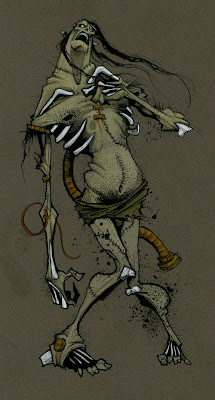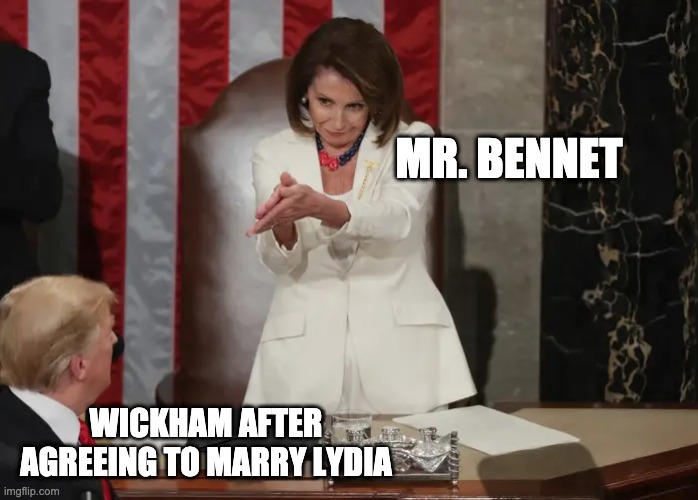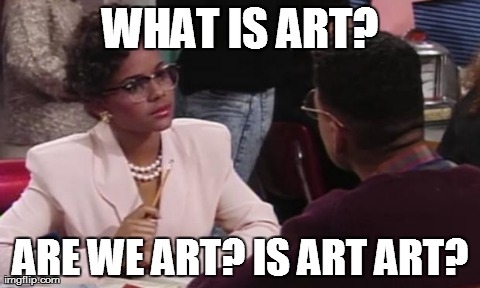I am equal parts excited to discuss
Pride and Prejudice and completely dreading it. I wouldn't say I idolize Jane Austen; however, I can fully admit she's my favorite writer and at times I can be extremely bias. Now that being said this particular work is my second-to-least favorite Austen text. As a result of this class, I am now being forced to analyse why exactly it comes up short among the six completed novels. I also want to explore why
P&P garners the most attention in pop-culture.
To start
P&P feels more juvenile than Austen's later work. When comparing
P&P to the works Austen wrote after her hiatus the plot is noticeably thinner than say
Emma or
Persuasion. For example, Austen deals her later heroines harsher consequences and forces them to examine their own personalities and the responsibility they have when making choices. Anne Elliot (
Persuasion) rejects Captain Wentworth due to his lack of social status and must live with that choice for six years. After that she must watch as a twenty-six year old--a spinster in the Regency Era--as he peruses different romantic partners before they finally resolve their relationship. In contrast, Lizzie Bennet waits an insignificant amount of time to gain her happy ending after initially rejecting Darcy.
Now my personal issues with Lizzie Bennet. Again my issue becomes one of comparison: when you line up Lizzie with Anne Elliot or Emma Woodhouse she is not nearly as strong or well developed. I have always been fascinated by people's love of Lizzie Bennet- their reasoning being her strong-willed personality. Yes, Lizzie can be strong willed and have a bit of an attitude (in a good way), but the consequences of that attitude are minimal. The greatest tribulation Lizzie must overcome is a lack of dowry and her ridiculous family. Anne Elliot must be alone for six years and Emma Woodhouse is forced to completely take stock of her actions and refine her entire personality, all while thinking she lost the love of her life to one of her closest friend.
With all that being said my main frustration with
P&P? It is often times the only work of Austen's that people are familiar. Leading me to ask
why? Austen has five other novels that are just as, often times more, entertaining. When I talk with people I am happy to hear they at least know something of
Sense and Sensibility, but usually just
P&P. Additionally, most people are only familiar with the 2007 Keira Knightley adaption or the Colin Firth BBC mini-series; and not the novel.
One possible conclusion: it's the first published work. Doesn't seem to be enough, though. The multiple adaptations and re-mixes of
P&P are definitely a leading factor. Why is this the most appealing Austen work to adapt to film or re-mix? I personally believe it comes back to our instinctual love of fairy-tales; and
P&P has all the elements of a Cinderella story. In fact, as an undergrad I wrote an entire paper charting the characters of
P&P with their Cinderella archetype. Quick summary: Lizzie = Cinderella, Mrs. Bennet/Catherine de Bourgh = evil step-mother, Ugly Step-Sisters = Lydia and Kitty/Caroline Bingley, Fairy God Mother = Mrs. Gardiner, etc. You get the point, we love the familiar (as we have all learned in this class, nothing groundbreaking) and I personally feel much of
P&P is familiar to our childhood stories.
All that being said? I still love
P&P. It is still one of my favorite novels. Why I personally love the novel is different than other peoples. My favorite characters? Mrs. Bennet and Charlotte Lucas. Mrs. Bennet while annoying and ridiculous faces a difficult reality: five daughters who cannot inherit and so must marry to survive. She is smart enough, and loves her daughters enough, to know if they remain unmarried after their father's death the world will be a cold place for them. Charlotte Lucas faces a similar reality as Lizzie, but doesn't exactly get her happy ending. She is realistic, though, making the best of the situation she is in and marries Mr. Collins not out of weakness but strength, knowing it is her way to get by.
Alright rant over. I can't wait to read others thoughts. And please, if you haven't already, read some of Austen's other work.
Emma is my personal favorite,
Mansfield Park is my least (I do not recommend reading it next).

















